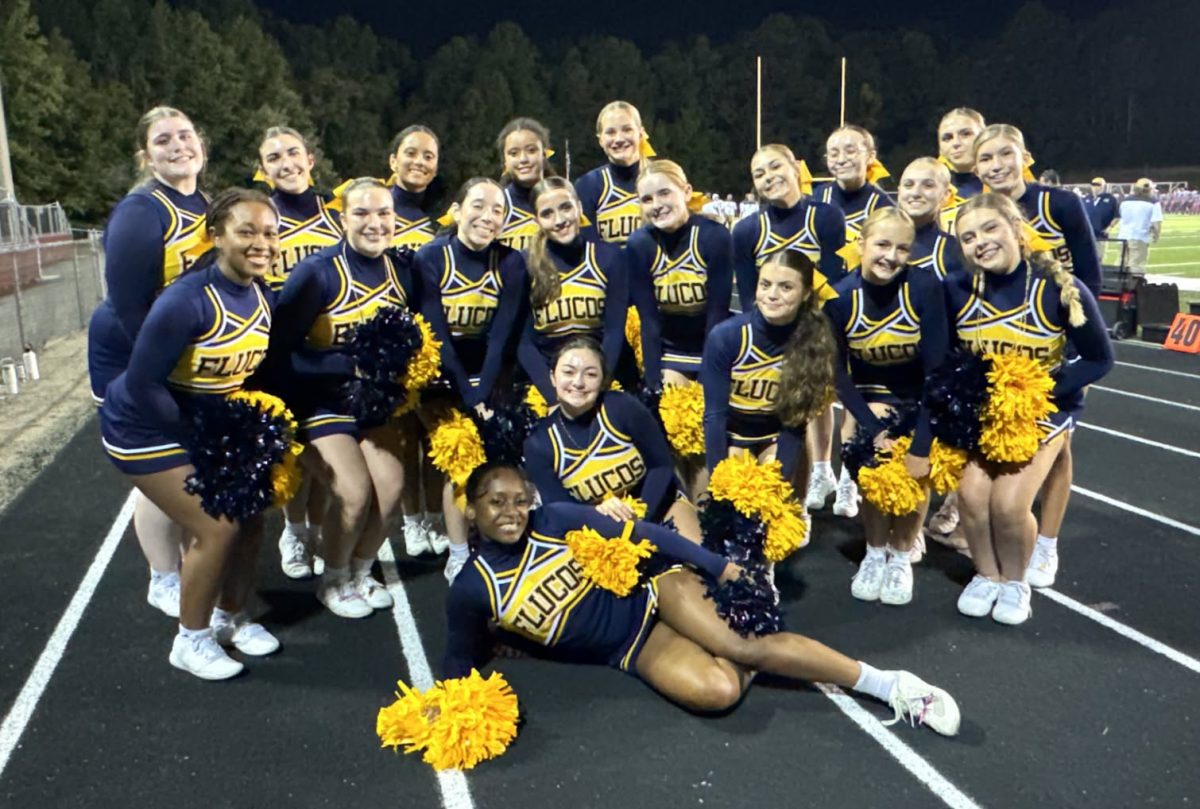Students have been cheating on schoolwork for years, and the rise of AI technology such as ChatGPT adds an entirely new layer to the issue. But how prevalent is it? It may not be as bad as some teachers think.
A Stanford University survey revealed that the percentage of students who admitted to cheating hasn’t risen since the creation of ChatGPT and other generative AI devices. Other studies showed that in the years before the release of generative AI, between 60-70% of students admitted to cheating, and those numbers remained constant in 2023.
Denise Pope, a lecturer from the Stanford Graduate School of Education, has noted “There’s been a ton of media coverage about AI making it easier and more likely for students to cheat, but we haven’t seen that bear out in our data so far, and we do know from our research that when students do cheat, it’s typically for reasons that have very little to do with their access to technology.”
Despite what many may fear, the rise of AI is not changing the frequency of cheating, as researchers have noted as they continue to study the topic. Studies have shown that students say that AI is acceptable to use for “starter purposes,” such as generating topic ideas for an essay. Yet according to Victor Lee, an associate professor at Stanford, the vast majority of students feel that using AI to write entire assignments should never be allowed. So the idea that students are grabbing AI and running with it to write all of their papers seems to be groundless.
There is typically a deeper reason as to why students cheat. They may be struggling to learn the material and are unable to obtain the help they need, or are feeling overwhelmed by their workload. Many students told researchers that they knew cheating was wrong, but they didn’t want to let their families down by bringing home bad grades. When students feel valued and heard, they are more likely to engage in learning with integrity. So the extensive issue of cheating among students could be diminished if educators work to make them feel engaged and valued, especially when using AI technology.
AI is not going away, nor will the deeper reasons behind students cheating. The best thing educators, such as Pope and Lee, claim they can do is teach students how to think critically about using AI, and addressing the issues as to why they may be cheating. To start, Stanford has begun developing free resources for teachers to help shed light on these topics as related to the classroom, such as The Stanford Center for Accelerated Learning.
AI is a powerful tool and potentially a wonderful learning asset if students can learn to use it responsibly. Either way, one thing is for sure: AI isn’t going anywhere.







Casey • Jan 27, 2025 at 5:58 PM
Love this article! Great insight to AI.